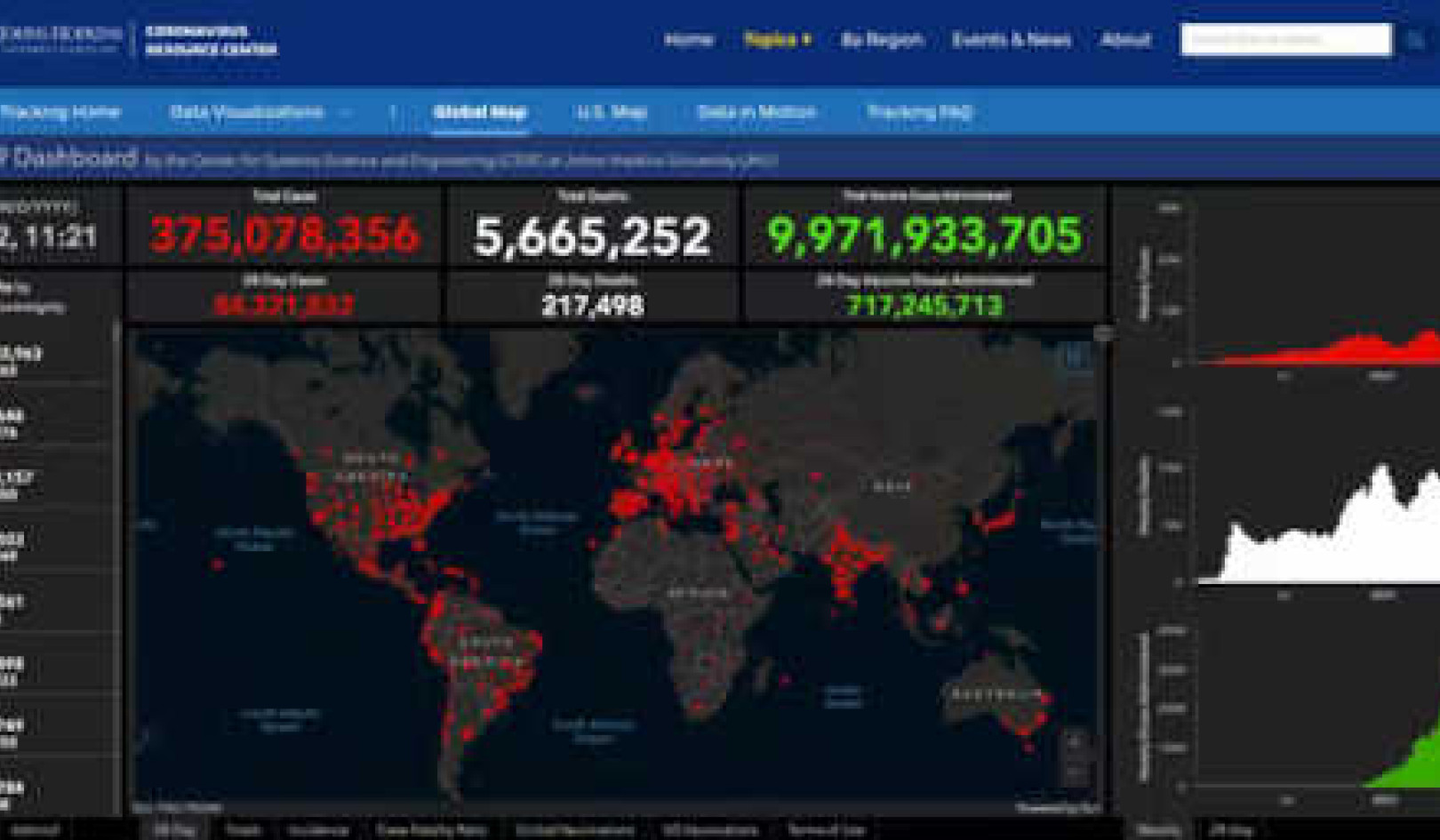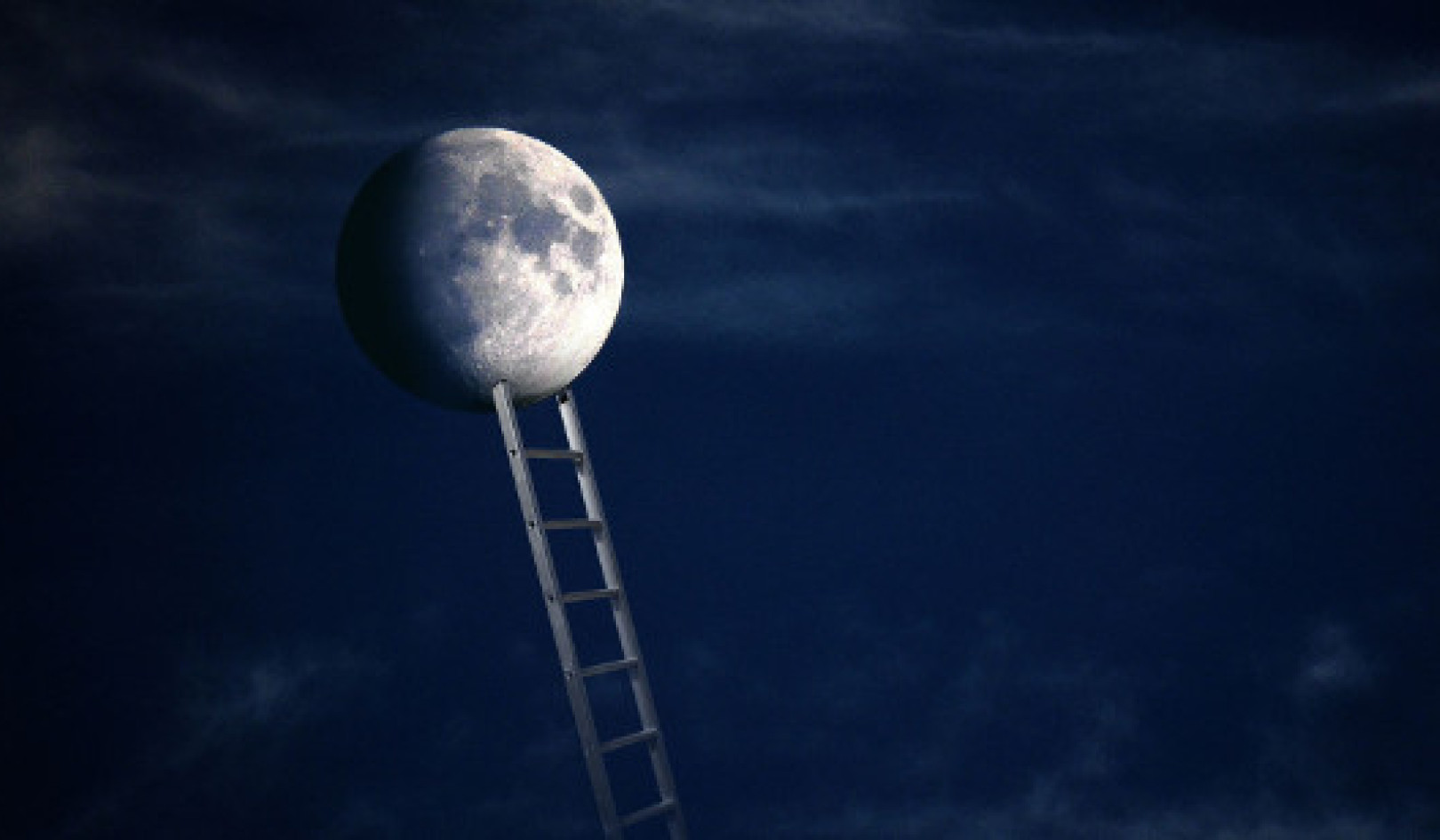
When I began using computers during the 1970s, I noticed they were influencing me in unexpected ways, especially with regard to my sense of time. I was responsible for the financial records of several small businesses, and while the database programs made my work easier and more efficient, they also made me more impatient. In a matter of days I went from marveling at the speed with which the computer could complete bookkeeping tasks I used to labor over, to snarling at the stupid machine for being so slow.
I knew the history of computers well enough to appreciate how much more powerful my desktop Apple was than the first UNIVAC machine, which had filled a huge room in the 1950s. And yet, faced with the task of the moment, I took for granted the amazing coalescence of human creativity and scientific knowledge that had made all this possible. Instead of feeling grateful, I sighed each time the machine made me wait while it checked a record, made a computation, or saved to disk the work I had done.
Having a "Monk Moment"
One day, when I timed an annoying delay and found it constituted all of ten seconds, I had what I would call a "monk moment," a quick slap that told me, Pay attention -- watch yourself. And seeing myself as I was -- groaning with impatience over so small an increment of time -- made me laugh. I had let technology and its attendant idol, efficiency, make a fool of me. A comic spectacle. And although my laughter soon faded, what I learned that day has remained with me.
I discovered that computers, like any other human invention, offer spiritual lessons. While I can enjoy the help they give me with bookkeeping or revising a prose text, I am compelled to recognize their power to change me in unpleasant ways, making me less than God would have me be. A minute of "waiting" in computer time is no longer than a moment spent "waiting" on a magnificent rocky beach for the sun to rise over the ocean; my perception is what makes them seem different. And how I perceive such things is a matter of spiritual discipline.
The human perception of time has long been subject to technological revision, and increased speed has often subtly diminished our capacity to appreciate the world around us. In his 1849 essay "The English Mail Coach," Thomas De Quincey noted that while the new high-speed coaches of his day -- think of them as the Concorde of their era -- offered a much faster delivery of mail than had previously been thought possible, they also put passengers at a considerable remove from the countryside. The simple pleasures available to the stroller or to the wanderer on horseback -- a glimpse of wild roses, an exchange of greetings with other travelers or with people resting from their labors in a field of sweet, smelling new-mown hay -- had been traded for increased speed and efficiency.
In our own time Wendell Berry has written eloquently about pulling off the abstracted high speed world of an American interstate highway into an Appalachian campground, needing a lengthy moment to slow down and adjust to the natural rhythms of the world close at hand. Economists and politicians tend to interpret advances in technology as advances in affluence. But as David Steindl-Rast so eloquently puts it in this book (Music of Silence), "the economics of affluence demand that things that were special for us last year must now be taken for granted."
Shorter Attention Span: Change in Consciousness
Addiction to speed, to the artificial rhythms generated by electronic media, can change our consciousness. Child psychologists have found that the attention span of small children is geared to the amount of television they absorb: three, and four, year-olds who spend a lot of time in front of the tube develop a mentality geared to television-time. Their capacity for sustained activity diminishes, as every few minutes they expect to be interrupted, bombarded by the loud, frenetic distraction of commercials.
An adult version of this might be seen in the comments of a computer programmer whose letter was published recently in the New York Times Magazine. He dismissed their year-end "Technology" issue by saying that, as he had grown accustomed to getting all of his information off the Internet, he had lost the patience to sit still and read articles in a magazine, let alone a book.
Challenging Human Consciousness
Human beings did not need the Internet to become terminally distracted, or to recognize that for each advance in one type of literacy they might be losing something valuable in another. By the fourth century, some desert monks were complaining that, while their monastic ancestors had learned the words of scripture by heart in order to more fully integrate them into their daily lives, the current generation was content to imprison these sacred words in books that gathered dust on the monastery windowsills. New forms of literacy have always challenged human consciousness, for good and ill. But information is not knowledge, let alone wisdom, and I wonder if that programmer isn't short-changing himself severely.
We human beings so easily lose sense of our true place in the world. We lose our capacity to be grateful for the creation as a gift from God. I once met a woman who said she didn't like the island of Kauai, surely one of the most spectacular islands on the face of the earth, because, as she put it, "there weren't enough places to shop." Music of Silence challenges us to recognize the poverty of our affluence in the face of God's overflowing generosity and accept that so much of what we take for granted, even the ordinary rhythm of day and night, has something to say to us. It has nothing to do with shopping. It speaks in silence, not noise. Its power is revealed not in money or consumption, but in the unseen, steady growth of seeds into grasses, plants, trees. It is the voice of nature, God's creation, which remains when the electric power has failed and it is too dark to read.
Being Attuned to the Language of Nature
Monks, like those who farm or fish according to seasons and tides, are especially attuned to the Language nature speaks, and they tend to have a healthy and realistic humility regarding their own control over the events of life. Brother David Steindl-Rast challenges us to recognize that this appreciation of time is available to anyone willing to seek what Buddhists term "beginner's mind" and simply pay attention.
We may have a stereotypically narrow and negative view of obedience, for example, which is shaken by Steindl-Rast's observation that obedience is "an intensive listening, and that the opposite of that obedience is absurdity, which means being deaf to life's challenges and meaning." We may resent any difficult or demanding task that seems to pull us away from what we consider our "real" lives. We may object to the notion that we might pray, as Steindl-Rast suggests, "not to get it over with, but to make everything we do prayer." We might even resist the act of prayer itself, regarding it as childish wish-fulfillment or a waste of time.
As a monk, Steindl-Rast has learned that "prayer is not sending an order and expecting it to be fulfilled. Prayer is attuning yourself to the life of the world, to love, the force that moves the sun and the moon and the stars." It is the sort of thing that monks, mystics, and poets come to know very well by paying close attention to the flow of hours around them.
Reprinted with permission of Seastone, an imprint of Ulysses Press.
©2002. http://www.ulyssespress.com
Article Source
Music of Silence: A Sacred Journey through the Hours of the Day
by David Steindl-Rast and Sharon Lebell.
(Introduction by Kathleen Norris)
 Music of Silence shows how to incorporate the sacred meaning of monastic living into everyday life by following the natural rhythm of the hours of the day. The book tells how mindfulness and prayer can reconnect us with the sources of joy. “An invitation to join in quiet ecstasy, to rediscover sacred rhythms.” — Jack Kornfield, author of A Path with Heart
Music of Silence shows how to incorporate the sacred meaning of monastic living into everyday life by following the natural rhythm of the hours of the day. The book tells how mindfulness and prayer can reconnect us with the sources of joy. “An invitation to join in quiet ecstasy, to rediscover sacred rhythms.” — Jack Kornfield, author of A Path with Heart
Info/Order this book. Also available as an eTextbook.
About the Author
 KATHLEEN NORRIS wrote the introduction for the book "Music of Silence" and is an award-winning poet and the best selling author of Dakota and The Cloister Walk. Her most recent book is Amazing Grace: A Vocabulary of Faith.
KATHLEEN NORRIS wrote the introduction for the book "Music of Silence" and is an award-winning poet and the best selling author of Dakota and The Cloister Walk. Her most recent book is Amazing Grace: A Vocabulary of Faith.























